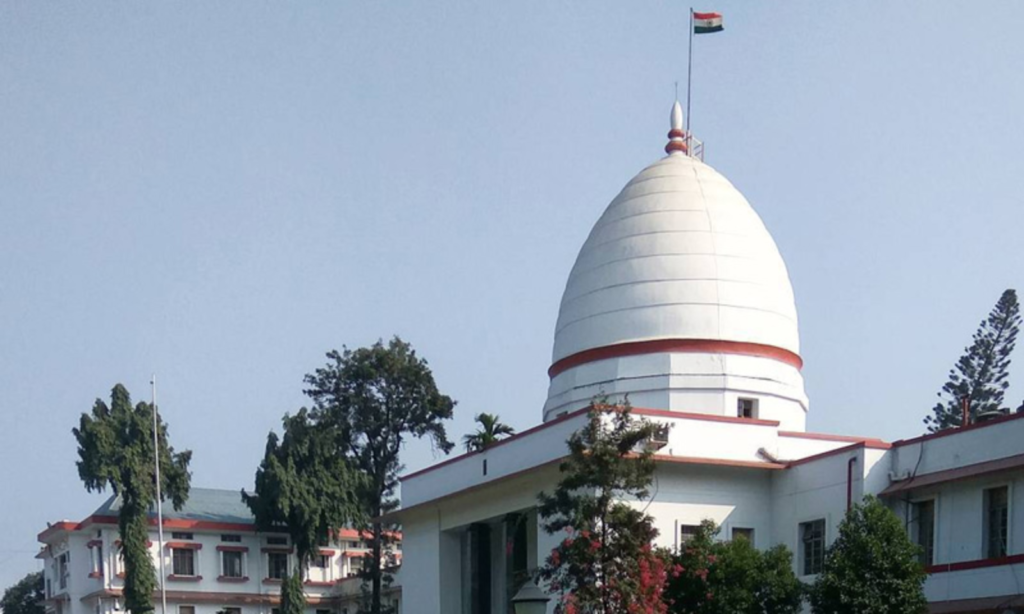In a significant legal development, the Gauhati High Court has acquitted a man who was accused of killing his mother. This verdict marks a pivotal moment in the ongoing legal proceedings surrounding the tragic incident.
The case revolved around the alleged matricide, with the accused facing serious charges related to the untimely demise of his mother. The High Court’s decision brings a fresh perspective to the matter, shedding light on aspects that may not have been fully explored during the initial stages of the investigation.
The acquittal underscores the importance of a thorough and impartial legal process. The court’s careful examination of the evidence presented and the circumstances surrounding the case has led to this outcome, challenging the previous narrative.
Legal experts believe that this verdict may set a precedent for similar cases and emphasizes the need for a meticulous approach in delivering justice. The nuances of the legal arguments presented during the trial played a crucial role in the court’s decision.
More About The Court’s Decision
While the court’s decision offers relief to the accused, it also prompts a reevaluation of the initial findings and the course of the investigation. The legal system’s commitment to fairness and justice is evident in its ability to reconsider and rectify judgments when new information or perspectives emerge.
The acquitted individual, who had been under intense scrutiny throughout the trial, can now look forward to rebuilding his life. The case serves as a reminder of the complexities involved in legal proceedings and the significance of upholding the principles of justice.
As the legal community reflects on this verdict, discussions are likely to emerge regarding potential reforms and improvements in the legal process. The Gauhati High Court’s decision will undoubtedly resonate within legal circles and prompt a broader dialogue about the challenges and responsibilities inherent in delivering justice.
This acquittal not only brings relief to the accused but also raises questions about the initial investigation and the nature of the evidence presented. It marks a turning point in the legal narrative surrounding this case and emphasizes the dynamic and evolving nature of the justice system.

